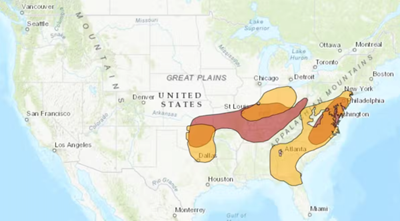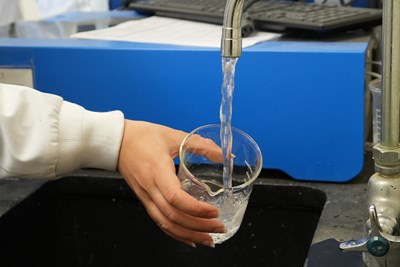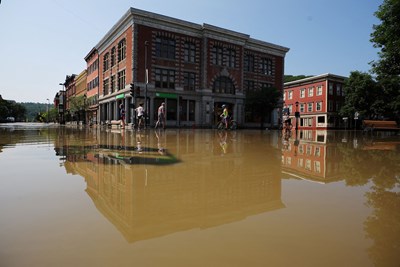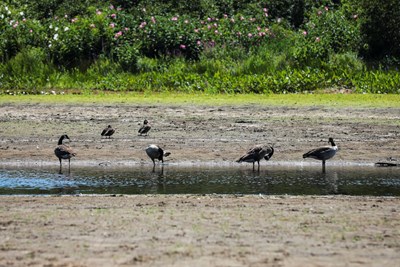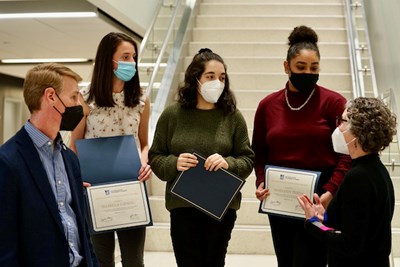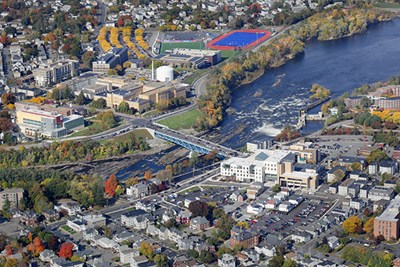
Can Fiber Supplements Help Remove PFAS From the Human Body?
Two recent pilot studies published in Toxicology and Applied Pharmacology and Environmental Health suggest that consuming a soluble fiber supplement regularly with food reduces levels of toxic PFOS and PFOA.


